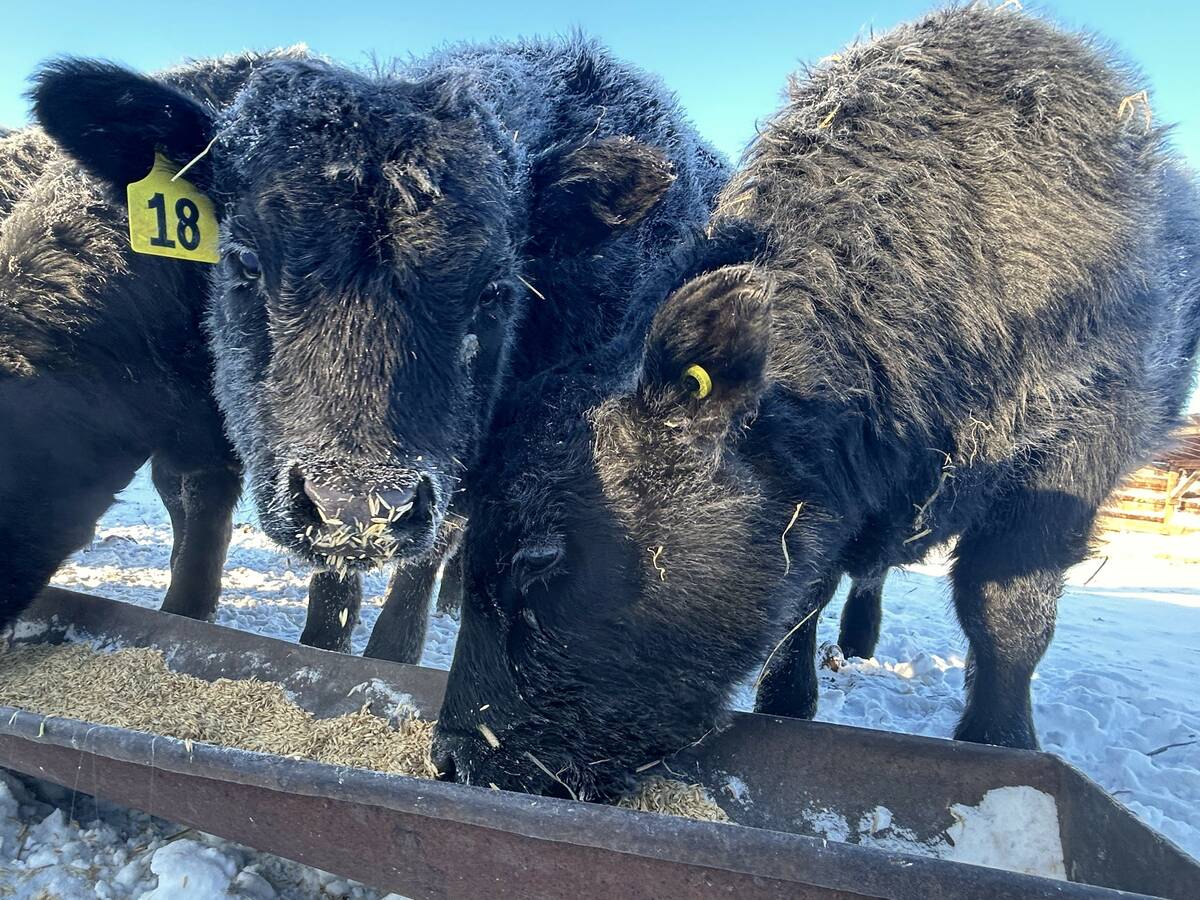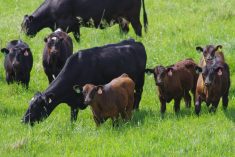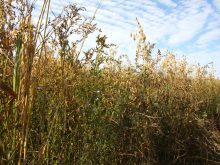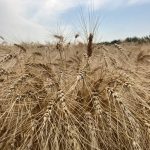Scientists with Ohio State University have received a four-year, US$896,000 Department of Agriculture grant to study the feasibility of incorporating “naked oats” into organic farming rotations as a way to cut the cost of producing organic chicken.
The oats, which have a unique protein and amino acid balance, will be tested in the diets of pasture-raised organic broiler chickens. The chickens will be considered part of the crop rotation within a given year, where they’ll serve as both a product to sell and a source of manure to enhance soil fertility.
Read Also

CCIA prepares to make traceability transition
The Canadian Cattle Identification Agency may not be proposing regulatory changes for traceability, but it’s the one delivering the program.
The goal of the study is to develop a way to reduce the cost of organic chicken feed by growing the cereal portion of the birds’ diet on the farm, thus making it more cost effective to raise and sell organic chicken, said Mike Lilburn, an animal sciences professor at the university’s Ohio Agricultural Research and Development Center in northeast Ohio and the leader of the study.
“What I’m hoping is that in four years we can offer a cost-effective crop rotation alternative to organic producers, one that produces a quality organic product but decreases the cost of production,” said Lilburn, who also holds a joint appointment with Ohio State University Extension.
Selling naked oats to other organic poultry producers or for use in high-value organic foods such as granola could be other options for farmers, he said.
Also called hulless oats, naked oats are named for their lack of an outer hull compared with conventional oats.
“Naked oats are higher in protein than conventional oats and have an amino acid profile that may reduce the proportion of high-cost, high-protein supplements that are currently needed to produce balanced organic diets,” Lilburn said. “If our hypothesis is correct and naked oats can be used at up to 70 to 80 per cent of the diet for pasture-reared broilers, this becomes a new option for organic producers.”
The grant comes through the Organic Agriculture Research and Extension Initiative program of USDA’s National Institute of Food and Agriculture. This past fall, USDA announced this and 22 other grants, totalling $19 million, to research and Extension programs at U.S. universities, all designed to advance organic farming.














